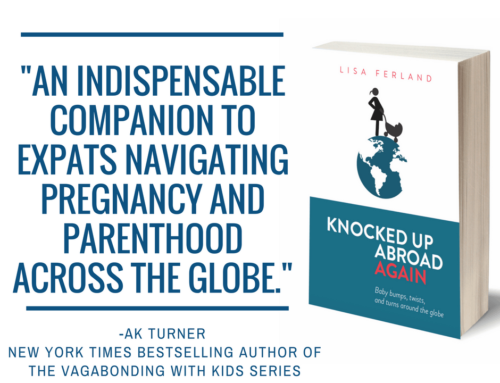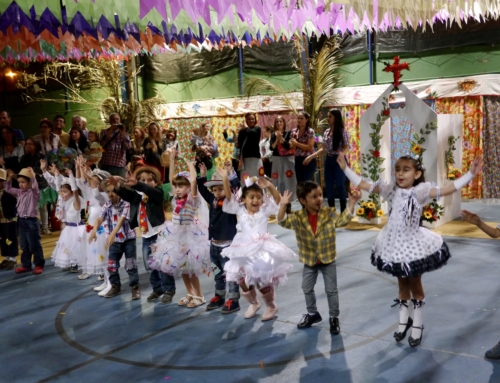Last week, I gave a lecture comparing Brazilian and American culture to a group of law students from West Virginia University. I like to think that I was asked to lecture because I have a Master’s degree in International Communication, a subject I have been living everyday since I moved to Brazil. But I think the decision making process was more like this.
“We have a large group of Americans coming and none of them speak Portuguese. We need English speakers with advanced degrees! Quick!”
“We have these five professors. That’s two days, but the group is here a week.”
“Crap.”
“Hey, isn’t there a professor with an American wife?”
“Yes! She can talk about the differences between Americans and Brazilians. Plus, she’s not actually a professor so we won’t have to pay her anything. Perfect!”
And that’s how I ended up on a stage talking to a gaggle of WVU law students, who unfortunately didn’t come dressed in coal-dusted miner’s clothing, strumming banjos. Thus the only images I had of West Virginia were shattered.
I opened my lecture by asking for the audience to describe a “typical” American and Brazilian. I asked each group to describe their own nationality. The Brazilians in the room described a typical Brazilian as “friendly”, “family oriented”, “has lots of kids”, “talkative”, “kind”, and “social” among other things. Now, how do you think the Americans described themselves?
A little personal reflection before I tell you. I’ve traveled a fair amount, and I think Americans who venture outside the US can be divided into two categories. One group is the famous American tourist. The loud, pink-faced, sneaker-wearing patriot who cannot fathom why this third-world country doesn’t put ice cubes in the drinks. They seem surprised and confused to discover that not every person everywhere lives exactly like they do.
“Cheryl, did you see that you cannot flush the toilet paper?! I tell you what…I don’t know how these people can live like this. If I lived in this place, I’d get myself an American toilet right quick.”
Then there is the other group. These students were from the other group.
These American students described a typical American as “fat”, “lazy”, “arrogant”, “selfish”, and “ignorant”. They basically described the typical American as a cross between Voldemort and Jabba the Hutt.
It was fascinating. Despite currently living through a recession and an enormous corruption scandal involving billions of taxpayers’ reais and rising inflation and gross income inequality and sky high rates of gun deaths…the Brazilians described themselves in overwhelmingly positive and honest terms. Why were the Americans so brutal and negative toward their countrymen? And more interestingly, would any of them have described themselves in those terms? Of course not! They don’t see themselves as “typical”. (Ironically, separating yourself out from the majority as a unique individual is typically American.)
These students are the second type of Americans abroad, the “serial apologizers”.
Perhaps you’ve seen them eating couscous with their fingers in Rabat or using chopsticks like a local in Tokyo. They are Americans who are hyper aware of the negative opinion many people have of US foreign policy and/or Americans themselves. Thus, they go around profusely apologizing for everything the US has ever done wrong. They preempt criticism with more extreme criticism of their own.
“You don’t like US policy in the Middle East? How could you? We’re arrogantly imposing our will on everyone who is different! It’s what we do! Let me tell you about our history with Native Americans and slavery and don’t even get me started on the present day! Between Iraq and the Kardashians, we’ve destroyed everything that is good and decent in the world! Disney! Drones! Starbucks! We are the WORST!”
My fellow Americans, isn’t there some happy middle ground between these groups? Can’t we describe ourselves as hardworking, informal, and innovative while also acknowledging that Walmart is run by the devil’s minions?
Let’s try! Next time you go abroad, don’t assume the lack of ice cubes is indicative of underdevelopment. If someone brings up Guantanamo, acknowledge that our collective fear after 9/11 led to some horrible policy decisions but you’re confident the pendulum is swinging back the other way. Then lead everyone in a rousing chorus, “Tomorrow! Tomorrow! I love ya, tomorrow!” Because fierce optimism and musical theater are two of Americans’ greatest contributions to the world.







This is a great post! I have often felt like the apologizer (I’ve traveled and lived abroad a fair amount). I should stop doing that. I guess it’s a defense mechanism. There is also a bit of the “I can pick on my brother, but you can’t” mentality going on. You make a great point, though. I’ve always tried to fit in wherever we’ve lived, sometimes it’s worked, sometimes it hasn’t. I should just enjoy the ride.
Fortunately, here in Curitiba, the only Americans I meet are the middle grounders. That’s probably because the loud and roud ones have no reason to come here and the constant apoligisers get fed up of it if they live here.
I really need to visit Curitiba. The things I read only make it seem more appealing.
One of the benefits of Vitoria is that we don’t get the “loud and round” ones either. I think they all stick mostly to Rio. Sometimes a cruise ship will stop here, and after five minutes in Vitoria, the passengers wonder if the ship was forced to dock due to mechanical problems.
The middle-grounders are the quiet ones.